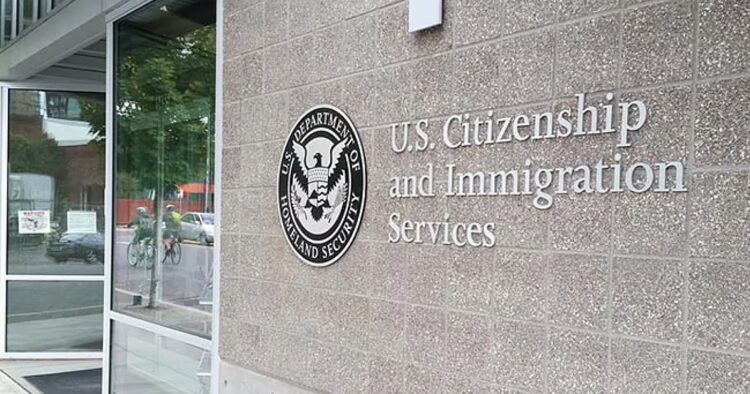Anuj Christian, a seasoned DevOps engineer residing in the United States for over 14 years, is leading a campaign against the discriminatory country cap on employment-based immigration, particularly affecting Bharat foreign workers. In a recent interview with Bharat news channel, Anuj shared his insights and experiences, shedding light on the challenges faced by individuals like him.
Anuj has been on a mission, having visited 45 states across the country to promote his views and garner support for his cause. He expressed that, after speaking to many Americans, he has yet to run into someone in favor of the country cap after they understand its unfair implications.
The Impact of Country Cap on Green Card Wait Times
Under the current rules, the country cap on legal permanent residency disproportionately affects immigrants from Bharat. The wait for a Green Card for Bharatiyas can extend up to 200 years, a timeline widely criticized as discriminatory and inconsistent with the principles of a merit-based immigration system.
The Green Card, officially known as a Permanent Resident Card, serves as evidence that the bearer has been granted the privilege of residing permanently in the United States.
Hurdles Faced by Foreign Workers
Anuj discussed the challenges faced by foreign workers on work visas, regardless of nationality. These challenges include difficulties changing jobs, limited eligibility for certain positions, and a 60-day window to find a new job or leave the country if employment is lost.
He highlighted that work visas need renewal every three years, making it challenging for workers to travel outside the country and return without renewing their visas first. For Bharatiya workers, these challenges are not temporary but permanent.
Roots of Discrimination and Unintentional Exploitation
Anuj traced the roots of the discrimination to the 1990 implementation of the country cap on employment-based immigration. He emphasized that lawmakers did not foresee that the skills the U.S. might need could come from only a few selected countries, unintentionally leading to the exploitation of Indian talent.
Despite the unintentional nature of the discrimination, Anuj believes that the system, intentional or not, exploits Indian talent for the benefit of many.
Nationwide Campaign for Awareness and Change
Anuj undertook a nationwide campaign to raise awareness about this discrimination, targeting the majority of Americans who may be unaware of its impact on the nation and its workforce. He stressed the need to remove the country cap to enable the U.S. to hire the best workers globally.
Bills to end this discrimination have been introduced in the House and Senate, providing hope for a more inclusive immigration system. Anuj expressed optimism that these bills will succeed, especially if those in the backlog become active in advocacy.
Contributions of Bharat Workers to the U.S. Economy
Anuj underscored the significant contributions of Indian workers to the U.S. economy, noting that the most foreign-born Fortune 500 CEOs are from India. Removing the country cap on skill-based visas, according to Anuj, is not a policy in favor of India but a policy in favor of the United States.
Anuj Christian’s journey continues as he advocates for a more inclusive and equitable immigration system in the United States, hoping to make a lasting impact on the lives of foreign workers and the nation as a whole.

















Comments